Publications
Articles, publications, books, tools and multimedia features from the U.S. Institute of Peace provide the latest news, analysis, research findings, practitioner guides and reports, all related to the conflict zones and issues that are at the center of the Institute’s work to prevent and reduce violent conflict.
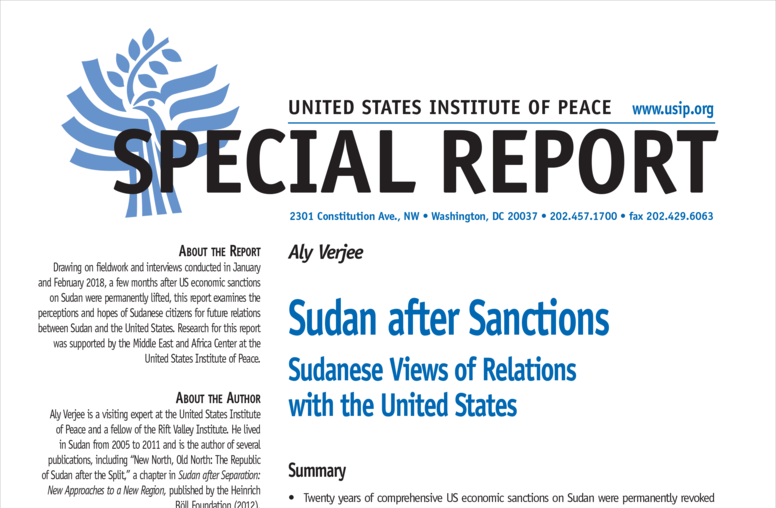
Sudan after Sanctions
In October 2017, the United States lifted a wide range of economic sanctions that had been in place against Sudan for two decades. Aly Verjee, a visiting expert at the United States Institute of Peace, recently interviewed roughly 50 Sudanese—including students, business owners, doctors, laborers, activists, and others outside the government-connected elite—on what this first step in the normalization of relations between Sudan and the United States might mean for the future of their country.

Elie Abouaoun on Iraq a Year After the Fall of ISIS
Live from Baghdad as Iraqis celebrate the one-year anniversary of the fall of ISIS, Elie Abouaoun says that there is a sense of relief in the country over the terrorist group’s defeat and that elections happened this year. To maintain this positive momentum, adds Abouaoun, Iraq’s infrastructure must be rebuilt, and measures should be taken to reinforce social cohesion at the local level.
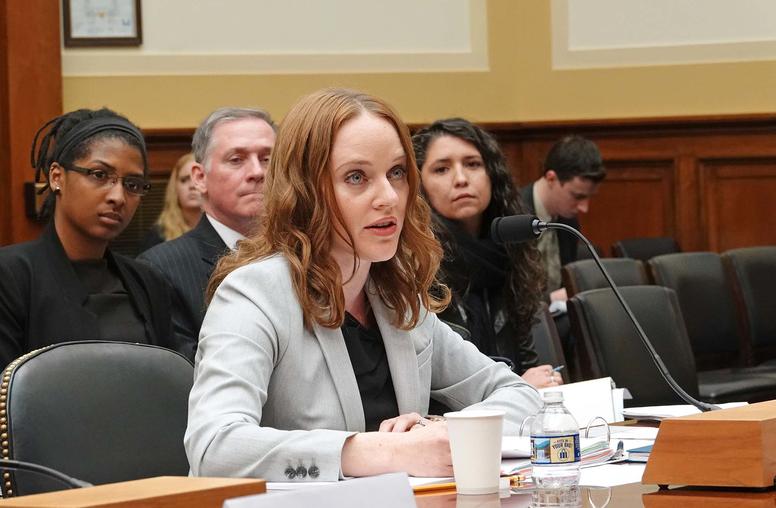
Grading Counterterrorism Cooperation with the GCC States
This testimony covers the following questions: (1) How have GCC countries addressed violent extremism and terrorism within their own national borders; (2) How have GCC countries addressed violent extremism and terrorism regionally and internationally; and, (3) What recommendations can enable future GCC efforts to go beyond eliminating today’s terrorists and prevent terrorism from emerging in the first place?
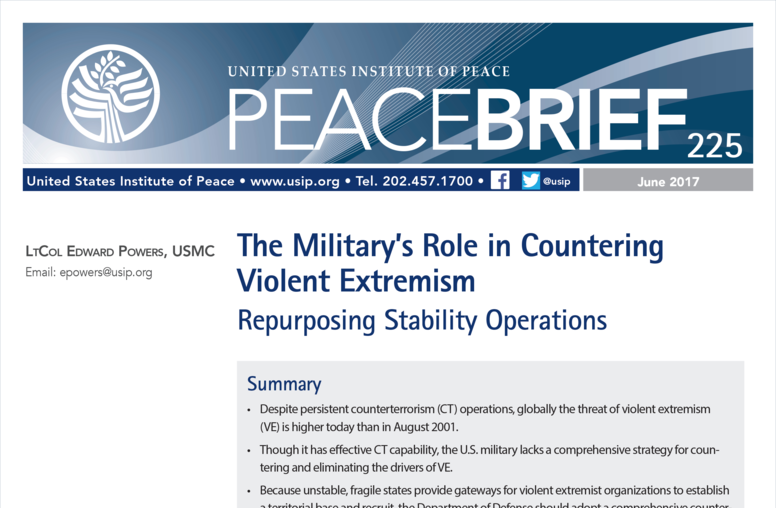
The Military’s Role in Countering Violent Extremism
The U.S. military, through its stabilizing mission, has a role to play in countering and eliminating the drivers of violent extremism (VE). Though the military has effective counterterrorism (CT) capability, there is a gap in its counter-VE (CVE) strategies that can be closed by linking reactive CT operations to preventative efforts to remove the drivers of VE. ...
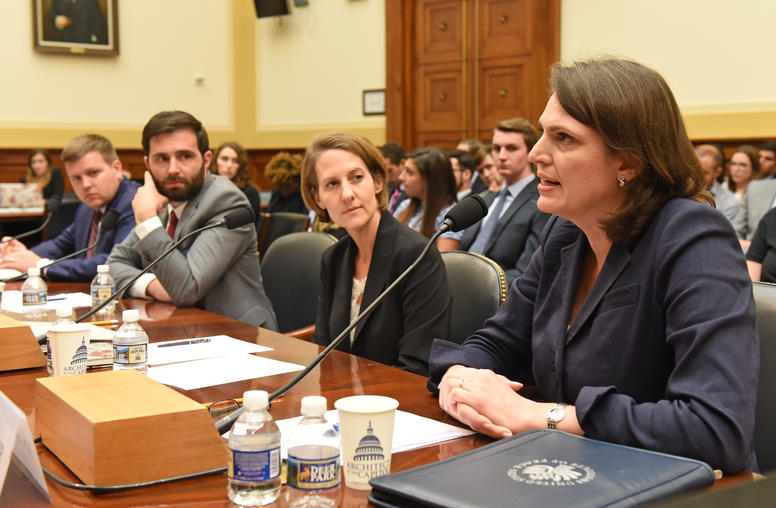
Allies Under Attack: The Terrorist Threat to Europe
USIP Director of Countering Violent Extremism Georgia Holmer testimony before the House Foreign Affairs Subcommittee on Terrorism, Nonproliferation and Trade & Subcommittee on Europe, Eurasia, and Emerging Threats.
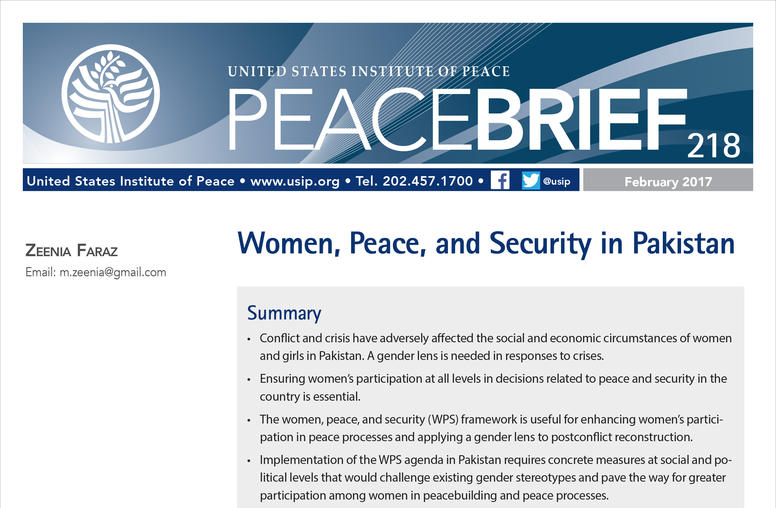
Women, Peace, and Security in Pakistan
A society defined by patriarchal norms and structural inequalities keeps women and girls on the margins of the society and hinders women’s participation in public and political spheres. Yet women’s participation in decisions related to peace and security in the country is essential to peacebuilding and postconflict reconstruction. This brief examines the challenges in implementing the women, peace, and security framework in Pakistan.
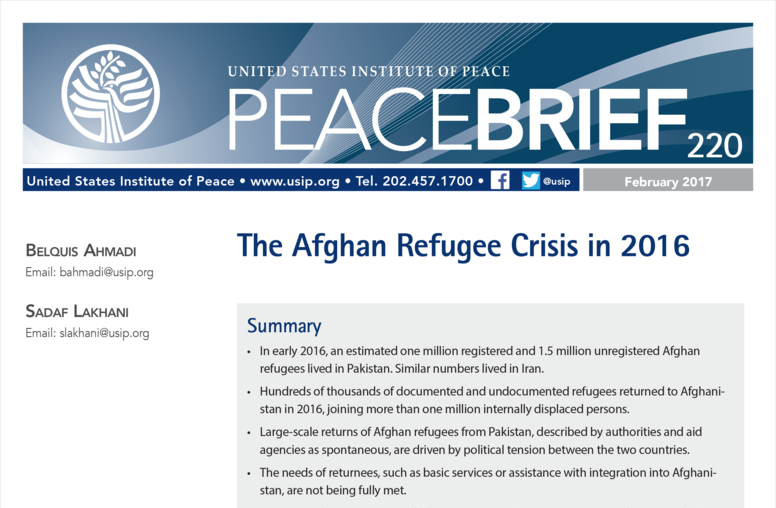
The Afghan Refugee Crisis in 2016
Hundreds of thousands of documented and undocumented refugees returned to Afghanistan in 2016, joining more than one million internally displaced within the country. International agencies warn of a humanitarian crisis that would affect hundreds of thousands of people as returnees struggle to meet basic needs. This Peace Brief provides an overview of the situation at the end of 2016, focusing on those returning from Pakistan, the humanitarian situation, and the security implications of the influx.
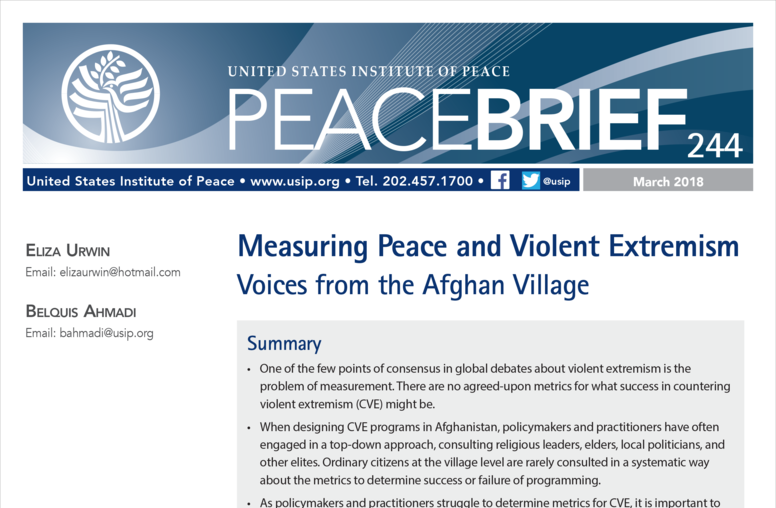
Measuring Peace and Violent Extremism
Policymakers and practitioners have often engaged in a top-down approach in the design of programs to counter violent extremism in Afghanistan. This top-down approach relies heavily on the insights of religious leaders, elders, politicians, and other elites while failing to incorporate...
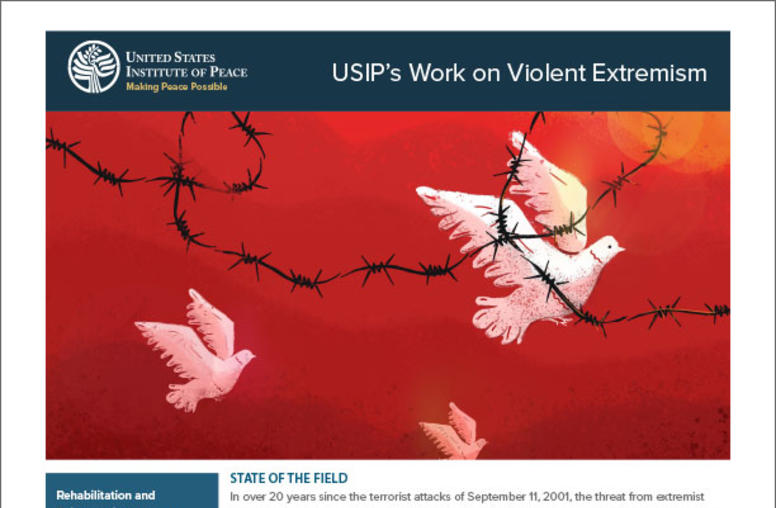
USIP’s Work on Violent Extremism
In over 20 years since the terrorist attacks of September 11, 2001, the threat from extremist violence and terrorism has evolved considerably. Terrorist attacks worldwide have increased in number, diffused geographically and diversified ideologically. These developments in the terrorist landscape have been fueled by violent conflict and state fragility, and they present opportunities for strategic rivals to challenge the value of democratic governance and the rules-based international system.
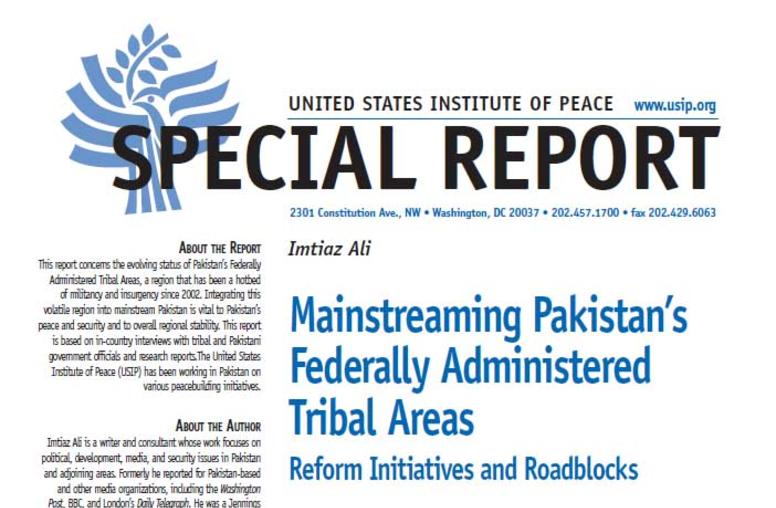
Mainstreaming Pakistan’s Federally Administered Tribal Areas
Pakistan’s government has recently approved mainstreaming of the Federally Administered Tribal Areas (FATA) in an effort to bring the FATA region within the legal and governance structures of the rest